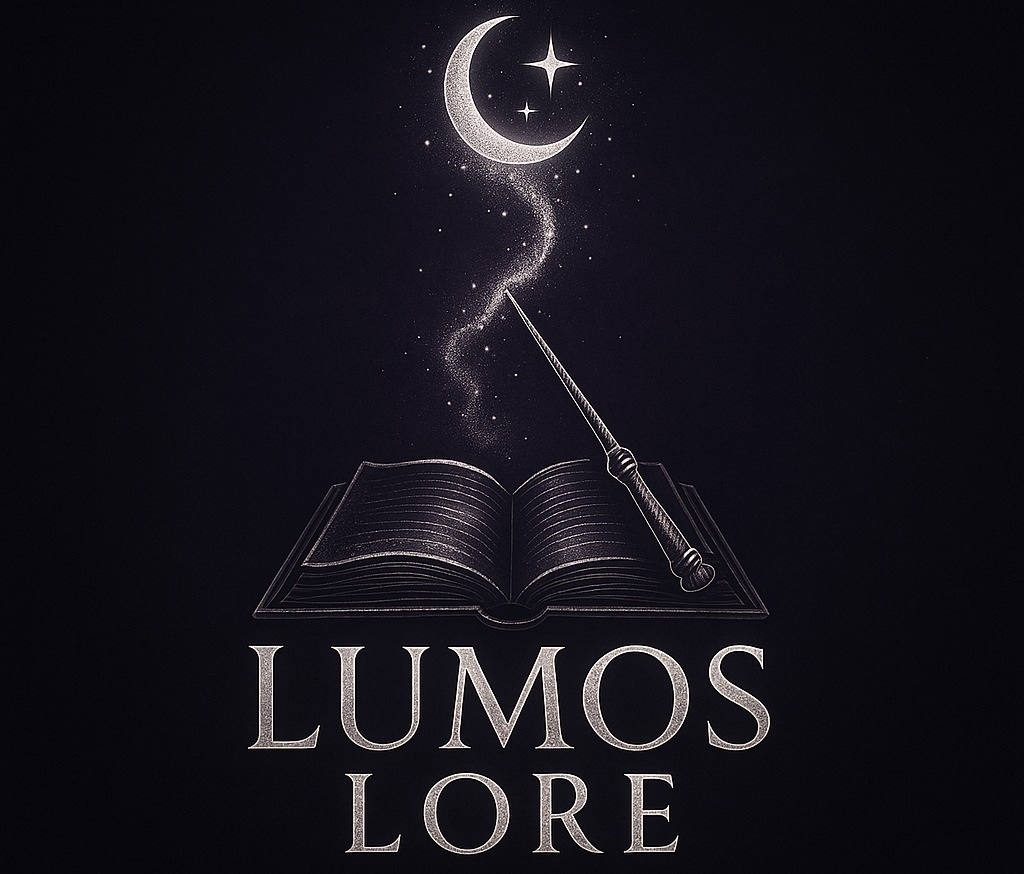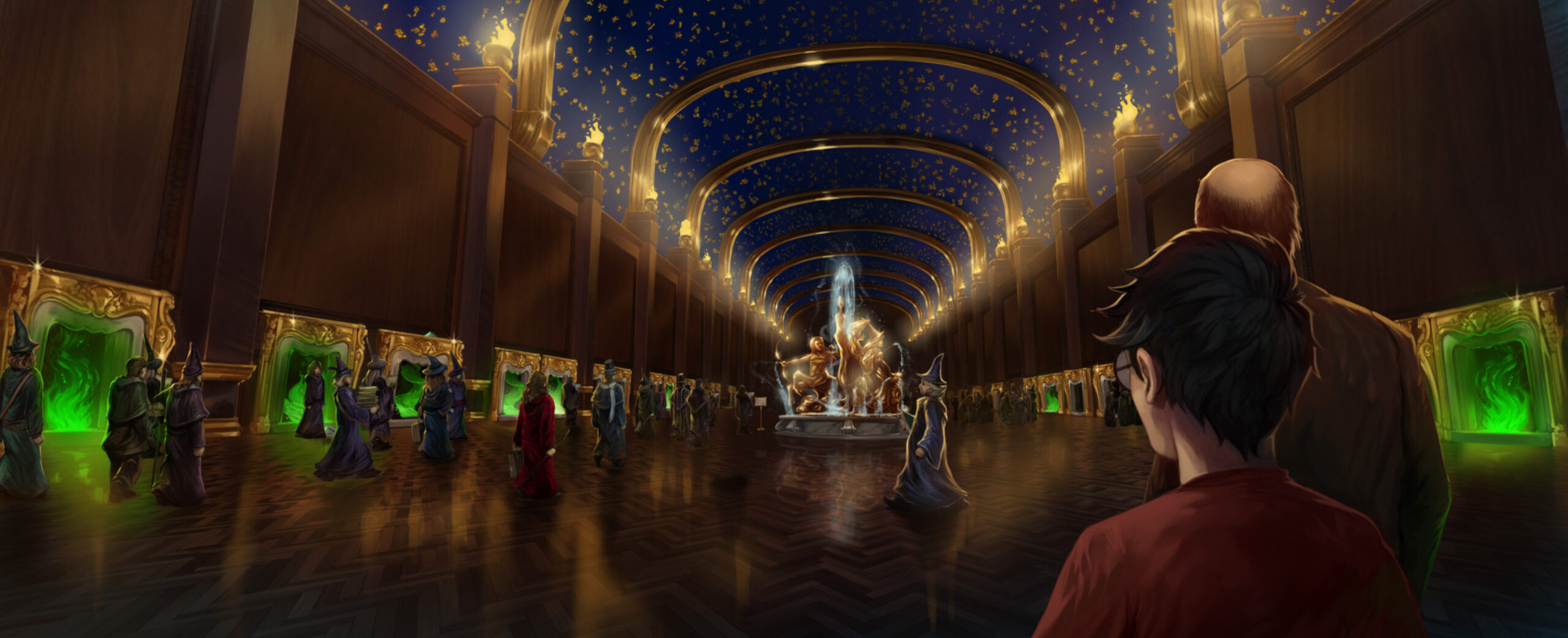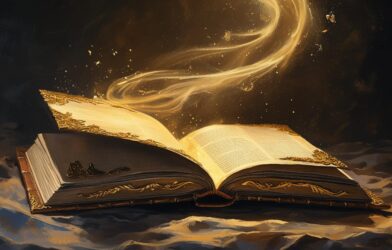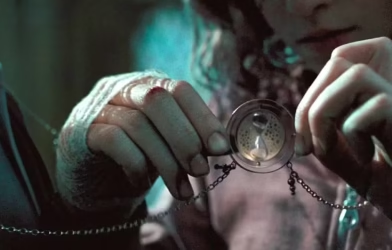The Ministry of Magic is the central governing body of the magical community in Britain, wielding significant authority and influence over nearly all aspects of magical society. Structured similarly to a governmental entity, the Ministry is tasked with enforcing magical law, managing magical creatures, regulating magical commerce, and ensuring the safety and stability of the wizarding world. It is a complex institution, deeply embedded in the political, legal, and social fabric of the magical community, and its role in the Harry Potter series exemplifies the dynamics of power and governance.
Structure and Function
The Ministry of Magic is organized into several departments, each responsible for different areas of magical life. At the apex of its structure is the Minister for Magic, the highest-ranking official, who holds substantial political power but often faces pressure from both internal and external forces. The Minister’s role is analogous to that of a head of government in the non-magical world, overseeing a wide range of departments and ensuring that their activities align with the Ministry’s overarching goals.
Key departments include the Department for the Regulation and Control of Magical Creatures, the Department of Magical Law Enforcement, and the Department of Mysteries, among others. These departments manage everything from the regulation of magical creatures like house-elves and werewolves to overseeing the enforcement of laws relating to dark magic and magical education. They play pivotal roles in maintaining order and addressing emerging threats to the wizarding world.
Political Influence and Internal Conflicts
The Ministry is not only a body of governance but also a political institution characterized by internal power struggles, political maneuvering, and occasional corruption. Various factions within the Ministry seek to further their own agendas, and as with many government entities, public perception and political ideology can play significant roles in shaping policies. One of the recurring themes throughout the Harry Potter series is the tension between maintaining security and protecting individual freedoms, a dynamic that is frequently at the heart of Ministry decisions.
For instance, during the rise of Voldemort and the subsequent events in the series, the Ministry is depicted as being slow to recognize the threat posed by dark magic. Political considerations, including fear of undermining the public’s trust, contribute to the Ministry’s initial reluctance to acknowledge the growing danger. This hesitancy and the subsequent failure to take effective action highlight the challenges inherent in governing under pressure and the complexities of making decisions in a politically charged environment.
The Role of the Ministry in Magical Law Enforcement
One of the most prominent functions of the Ministry is its role in magical law enforcement, which is primarily overseen by the Department of Magical Law Enforcement. This department is responsible for upholding the magical laws of the land, ranging from issues of magical malpractice to the prosecution of dark wizards. Within this department, the Auror Office plays a critical role in combating dark magic and tracking down individuals involved in illicit magical activity. Aurors, the highly trained law enforcement officers, operate both as investigators and as active combatants in the war against dark forces.
The Department for the Regulation and Control of Magical Creatures is another pivotal arm of the Ministry, tasked with overseeing magical creatures and ensuring that their interactions with wizards are regulated. This department’s influence extends beyond the regulation of dangerous creatures like dragons and werewolves, reaching into the realm of social policy, such as debates over the rights of house-elves and the status of magical creatures within society.
The Ministry’s Political Struggles: A Reflection of Real-World Governance
The political landscape within the Ministry mirrors the dynamics often seen in non-magical governments. Leadership transitions, partisan divides, and power grabs characterize the internal workings of the Ministry. This is particularly evident during the tenure of Cornelius Fudge as Minister for Magic, where his refusal to acknowledge the return of Voldemort and his preoccupation with maintaining public order at all costs put him at odds with those who sought to confront the Dark Lord directly.










